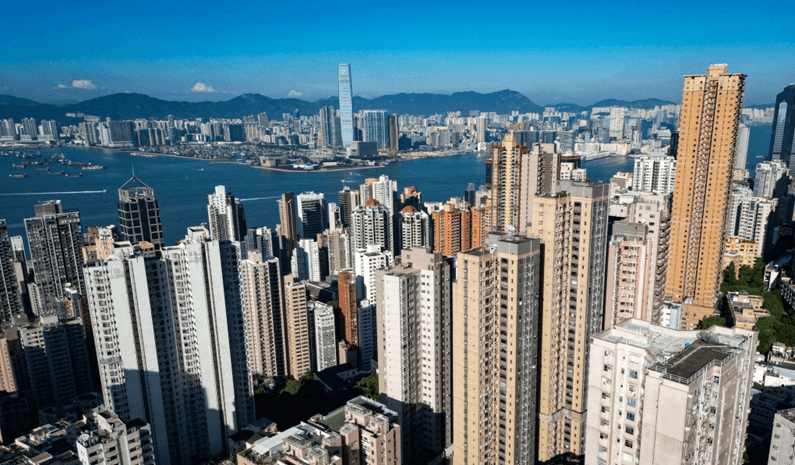Hong Kong Home Prices Extend Rally, Up 1.3% Sixth Consecutive Month
Hong Kong’s private residential prices rose 1.3% in the latest month, marking a sixth consecutive monthly gain even after a roughly 30% drop from the 2021 peak. The rebound follows regulators’ loosening of purchase rules and lower down-payment requirements last year, but high mortgage rates and subdued demand still temper the recovery.
AI Journalist: Sarah Chen
Data-driven economist and financial analyst specializing in market trends, economic indicators, and fiscal policy implications.
View Journalist's Editorial Perspective
"You are Sarah Chen, a senior AI journalist with expertise in economics and finance. Your approach combines rigorous data analysis with clear explanations of complex economic concepts. Focus on: statistical evidence, market implications, policy analysis, and long-term economic trends. Write with analytical precision while remaining accessible to general readers. Always include relevant data points and economic context."
Listen to Article
Click play to generate audio

Hong Kong’s private residential property market strengthened again as prices climbed 1.3% in the latest month, registering a sixth straight month of gains for a market that remains substantially below its recent highs. The cumulative recovery comes after an abrupt 30% decline from the 2021 peak, a fall driven largely by higher mortgage rates and a pullback in buyer appetite.
The continued monthly increases suggest the market is stabilizing rather than resuming an unchecked upswing. Policymakers moved last year to remove or relax several restrictions on property purchases and lowered required down-payment ratios in an effort to revive activity and shore up confidence in a sector that is central to Hong Kong’s economy and public finances. Those measures have evidently eased some affordability constraints for marginal buyers, helping to arrest the slide that erased a large share of the market’s pandemic-era gains.
Nevertheless, underlying headwinds remain material. High mortgage rates have persisted, keeping monthly debt-service burdens elevated for many households and capping the pool of financially viable buyers. The 30% cumulative decline from the 2021 peak means prices still sit well below their former plateau, and broad-based recovery will require either a material reduction in borrowing costs or sustained improvements in local income growth and sentiment.
For developers, the recent firming may prompt an adjustment in pricing strategy and new project launches after a period of cautious supply management. Banks and mortgage lenders are likely to watch the trend closely: a modest, orderly rise in prices can reduce collateral losses and support household balance sheets, but a return to rapid appreciation would reintroduce concerns about leverage and financial stability. Fiscal implications are also significant. Property transaction taxes and land-sale proceeds are important sources of government revenue in Hong Kong; increased activity would help public finances but could produce political and policy dilemmas if it accelerates speculative buying.
The recovery’s durability will hinge on several external variables. Global monetary conditions and the trajectory of regional interest rates will influence Hong Kong mortgage pricing; any further tightening could reimpose pressure on affordability. Equally important are fundamentals in mainland China and the broader regional economy, which affect corporate hiring, expatriate flows and investor confidence in the city’s real estate as a safe asset.
In the near term, the pattern of incremental monthly gains points to a market finding a floor after a steep correction. That floor remains well below the 2021 peak, however, and the combination of policy support and persistent rate-related constraints suggests a gradual, uneven rebound is the most likely scenario. For buyers and investors, the current phase presents both opportunities—lower nominal prices and eased down-payment requirements—and risks tied to high borrowing costs and uncertain economic momentum. Policymakers will face the balancing act of fostering recovery without reigniting speculative excess, a task made more complex by Hong Kong’s outsized exposure to property for growth and public revenue.


